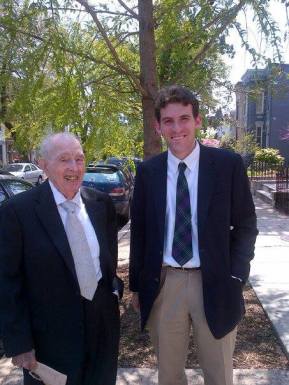
I just turned in my grades for my final Saint Leo’s “The Women of Art” class and for my ODU Summer course of English composition. And I realized for the first time in a very long career, I do not know any of these people. This feels more like some clandestine operation than a college course. “I’ll leave the information in a video–we’ll call it ‘zoom’ like that kids show so no one gets suspicious–and you can private message me to set up a F2F meeting where we can chat in private.” Come on, this isn’t learning, it’s like a bad dating site.
I miss the human touch, the handshake, the eye contact. I miss saying, “Hey there, what’s your major?” and “Where are you from?”
Students and faculty now meet via zoom, on Blackboard, online however they can, safe from the masked masses making their way through city streets and infectious locales. Kids in kindergarten right through coeds on campuses all have settled into a new way of learning. But something essential is missing which completes a person’s education, the element not addressed in lesson plans or recorded videos or discussion boards: The before and after of it all.
Students waiting for professors to wander in from their offices make eye contact with each other, nod, build conversations from simple hellos to frustrations with the work to politics to sports. They connect over shared inside jokes and run into each other at the coffee bar, continuing their meeting on the sidewalks from building to building. Relationships begin, trust develops; multicultural, multigender, interaction ensues bringing lessons with which no lecture can possibly complete.
Depressed students make connections while the book-bound student finds friends with familiar isolating habits. Face to face learning includes interruptions and spontaneous tangents–and humor, oh the humor! So much can be recalled, so many details can reappear fresh with the association of humor, the benefit of bonding.
Then the professor comes in and sits for a few moments gathering thoughts while the students quiet down but know hey have a few minutes, so they talk about their families, their weekends, the problems they had writing the paper, the illnesses and deaths and deployments and day to day drudgery. Professors make note of which ones tried but couldn’t do it and which ones did well without trying. They hear about issues with development or topic or incomprehensible reading material. They learn what to focus on, where to give slack and where to let someone talk back, vent, get to the point. One student says something and the professor’s pause before reacting can speak volumes, the quick smile, the side glance, the small nod of approval impossible to convey to a computer camera.
It’s not hard to spot someone with a question who is afraid to ask, notice the dip of someone’s eyebrows in confusion who otherwise would not offer a hint of hesitation. A quiet confidence comes from face to face acknowledgement.
Early in the semester conversations are reserved, focusing mostly on course work or other classes or common haunts. Later, a fist bump, a smile, or quick tap on the desk to say “Hey, cool, good to see you,” without any words at all. And toward the end, they find they are bonded by something more than assignments and group work. They experience others’ failures giving a boost of self-worth that they’re not alone in their anxiety. They take note of another’s approach, broadening their efforts and enabling success unavailable from the “Resources” page of the course platform.
Then the professor begins. A few minutes might be dedicated to addressing situations overheard before class, or passing along a question someone had after class last time that the student was afraid no one would want to listen to but the professor knew everyone needed to know.
Maybe the most important lessons we take from classes are the ones which include some sort of social awareness. We cannot mask our need for companionship; we cannot distance ourselves from what we gather by gathering. Marriages have come from such connections.
This move to online learning is necessary and in the long run makes the most sense during this global pandemic I’ve decided to call Bruce. If it is going to be with us until a vaccine is available, I’ve decided to personify the bastard. But we must stop pretending online anything is the same as face to face learning, or that we can get the same results. No. too much humanity is being left offline.


















